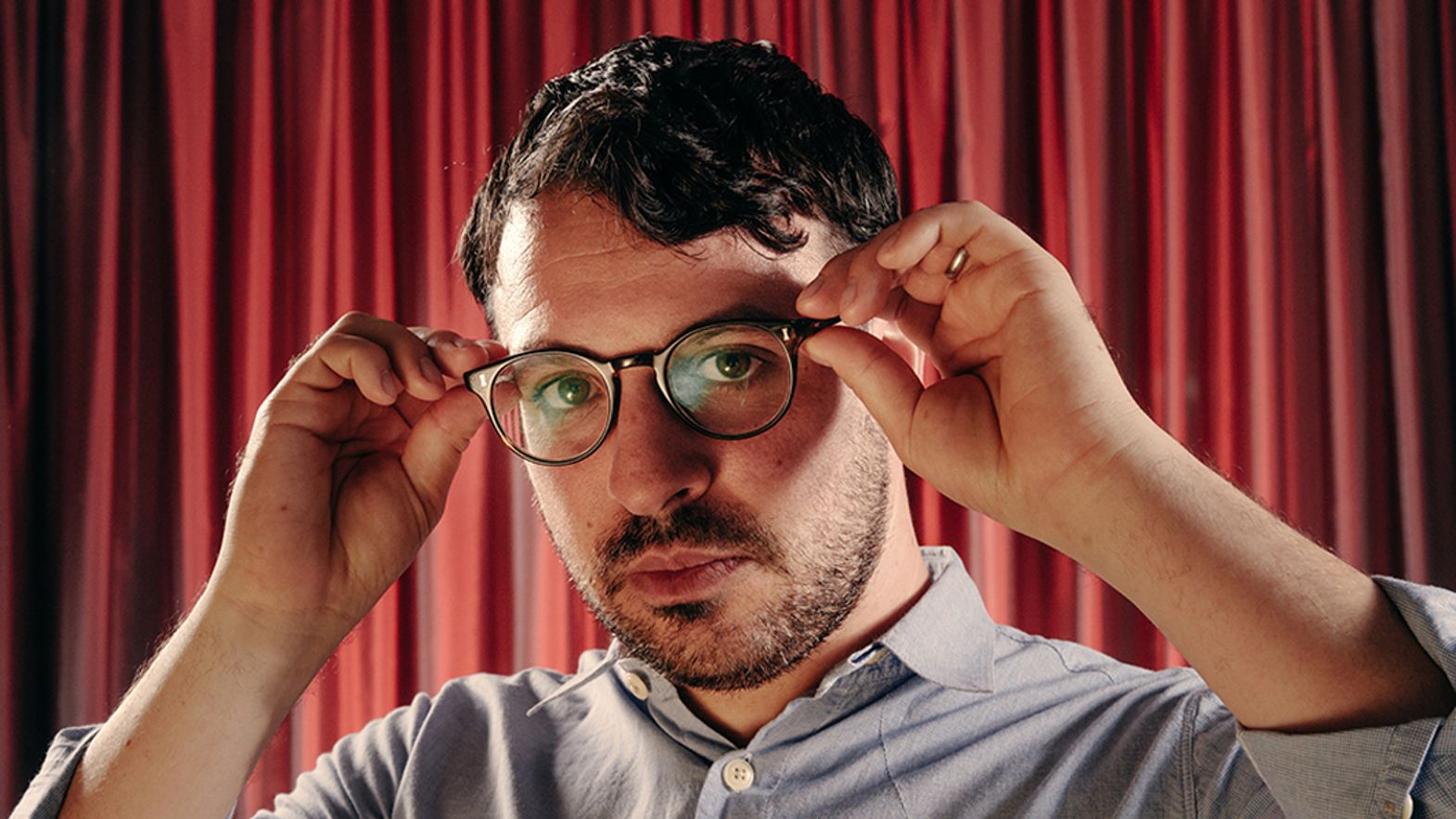How did you work to adapt this graphic novel by Joff Winterhart?
It has been a fantastic as well as challenging opportunity. Obviously, the great benefit is that you’ve got already something amazing to work with. The reason we wanted to make a movie is because we loved the book very much. We understood the characters and the tone, because it existed already. It was a great starting place, but this particular graphic novel is very short, containing scarce dialogue and little or no story. The biggest challenge was to draw around the emotional arc of these characters and write some words for them as well. The comic is black and white and very sketchily drawn, so it was exciting to bring that to life, filming in color and placing it in the real world. There were two or three images that we wanted to lift directly and place in the film, because we loved them so much.
Was it a challenge to describe the story of two pretty bored characters but not in a boring way?
The key was the casting of Daniel, the main teenager character. He’s moody and insular, he doesn’t say very much, but of course we wanted to avoid him being boring to watch. If you see beneath the grumpiness he’s a very vulnerable and sweet guy. You can see the germs of a really loving relationship between him and his mother. In the moment Earl Cave auditioned we knew he was the right choice, because he’s really funny and you notice how many layers he put on top of it. At the same time Daniel is a pleasant boy, underneath the shouting and swearing at his mom, the long hair and heavy metal.
You combined the passion of Daniel for heavy metal with a really different style of music from Belle and Sebastian.
It was a tricky thing, we tried to balance the two. Belle and Sebastian provided a lot of music for the film, always very warm with an uplifting element to it, and I liked the tone that the film, ultimately, had. At the same time a big part of Daniel’s character is his constant listening to heavy metal in his earphones. I hope we’ve been able to merge and balance the two music genres in the right way.
Daniel is a particular boy, he doesn’t play video games or use social media.
The book itself is pretty timeless, it came out in 2011, but you don’t know exactly when it’s set, it feels more in the nineties or the early 2000s, than today. I wanted to keep some timeless aspects from the book, and then there are some of them that don’t make any sense. He’s got a mobile phone, while he uses the landline. I wanted to focus the story on the intense relationship between Sue and Daniel, and social media might distract from that. Furthermore, Daniel doesn’t have any friends, so he doesn’t have anyone social to media with.
The story is even a portrait of suburban Britain.
The book doesn’t indicate where it’s set, I felt it could be in any town in the United Kingdom. One of the things that attracted us to the story is that we don’t see this British suburbia very much on screen, usually the setting is London or Manchester. I wanted the film to be visually striking, interesting and pleasant to look at, but at the same time I would like to present what the book, and myself, see as very blunt. I’m talking about the landscape where I grew up, and I would like to glorify and celebrate it, making these characters feel important as they deserve a film made around their lives, a sort of celebration of ordinary people as the heroes.
